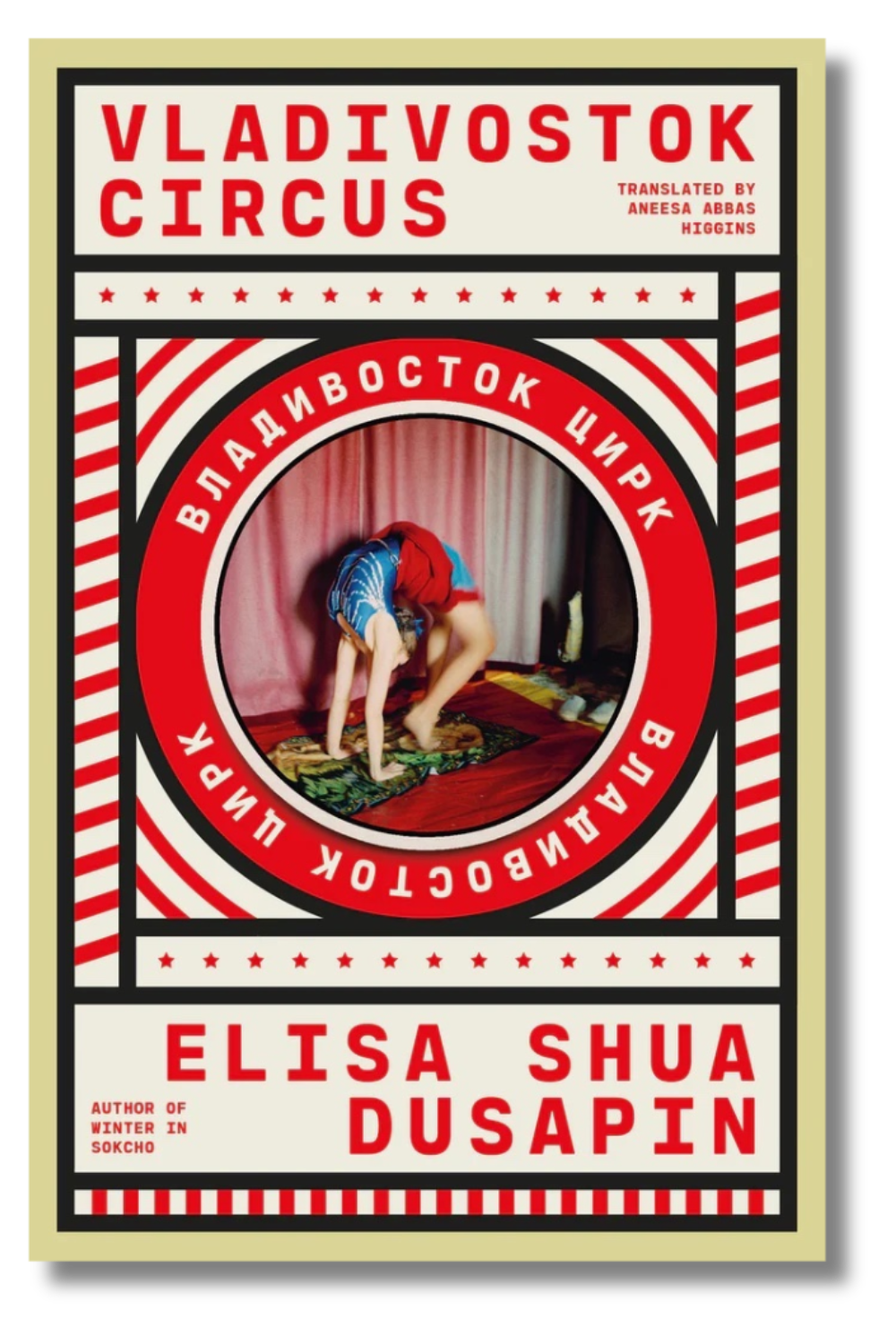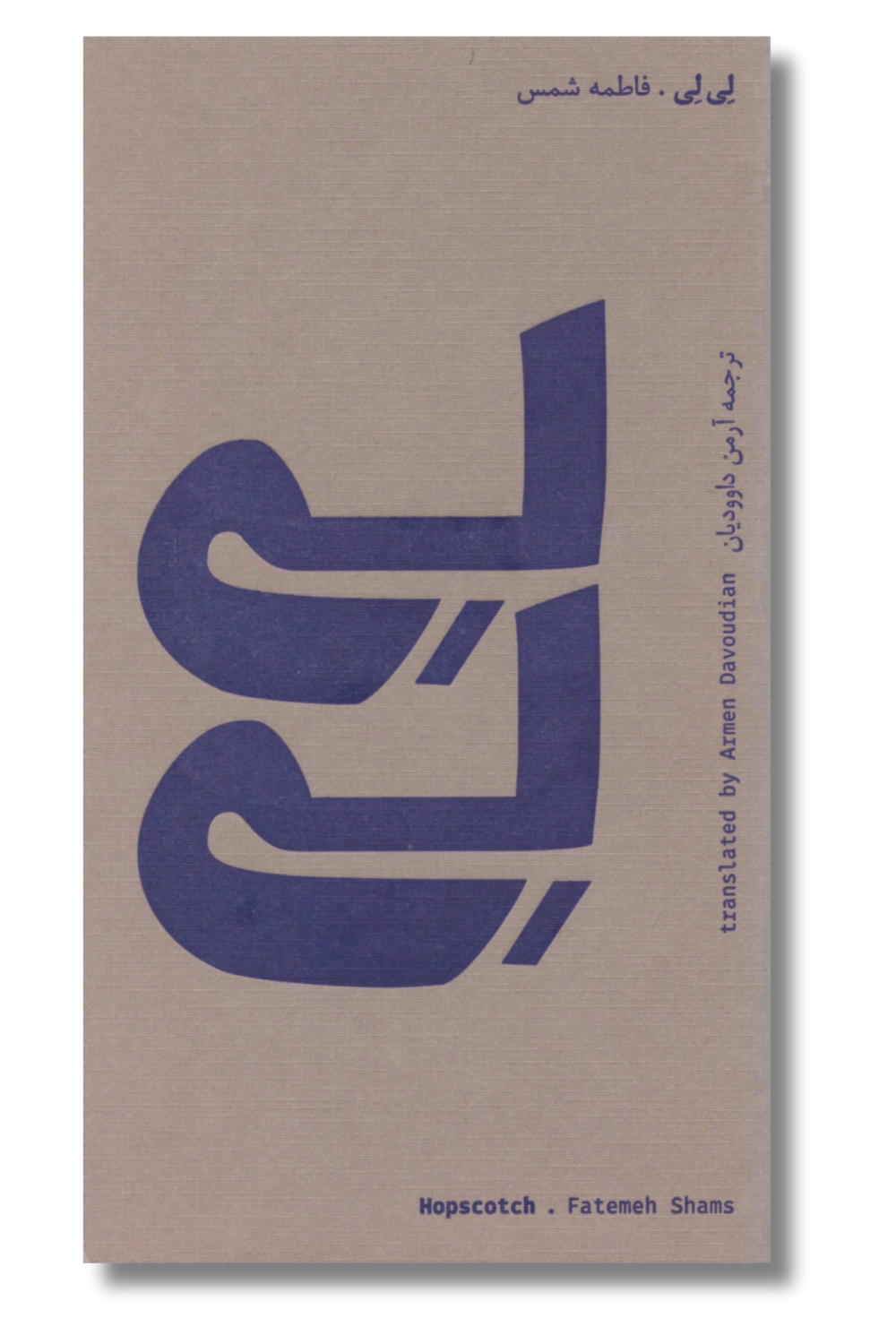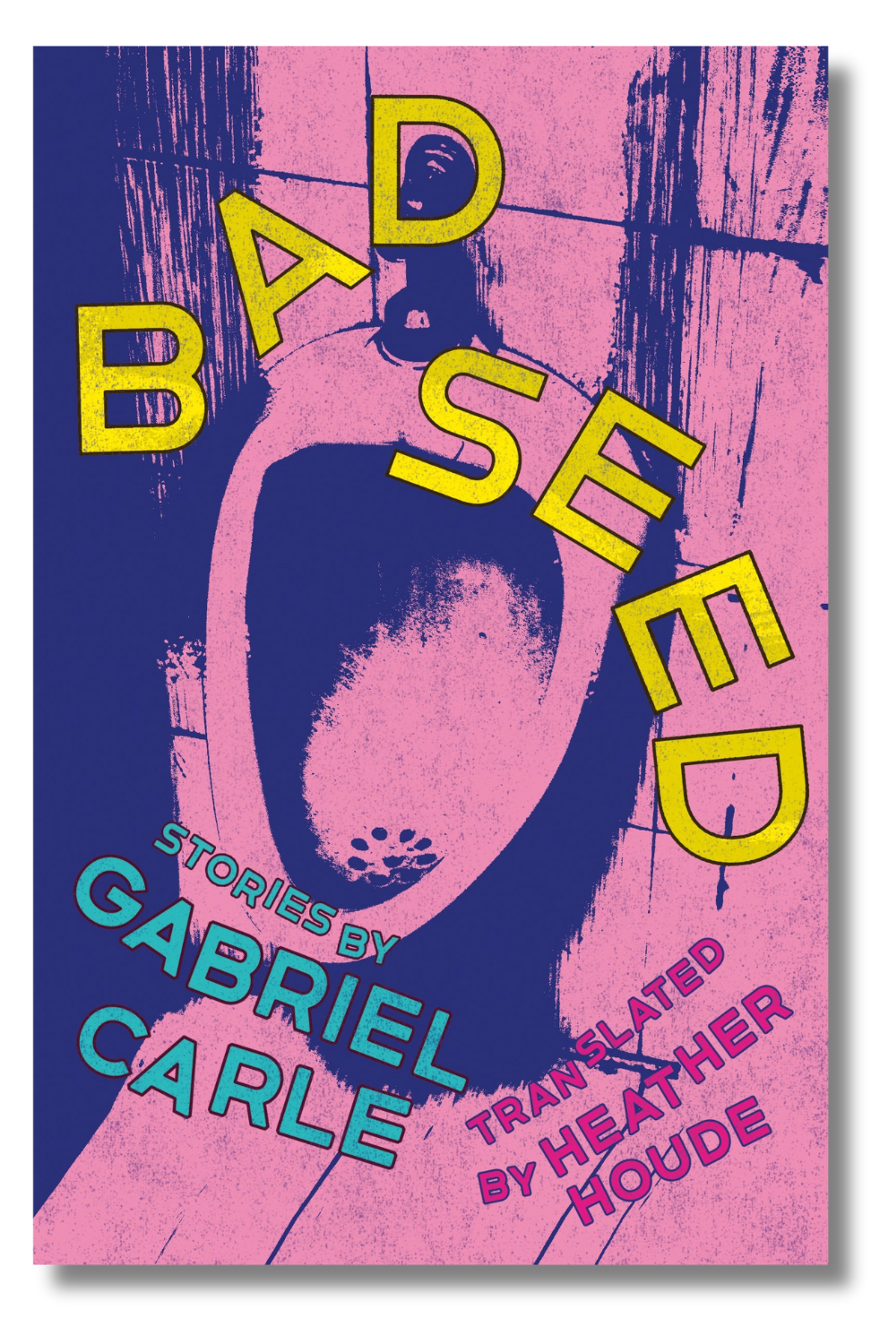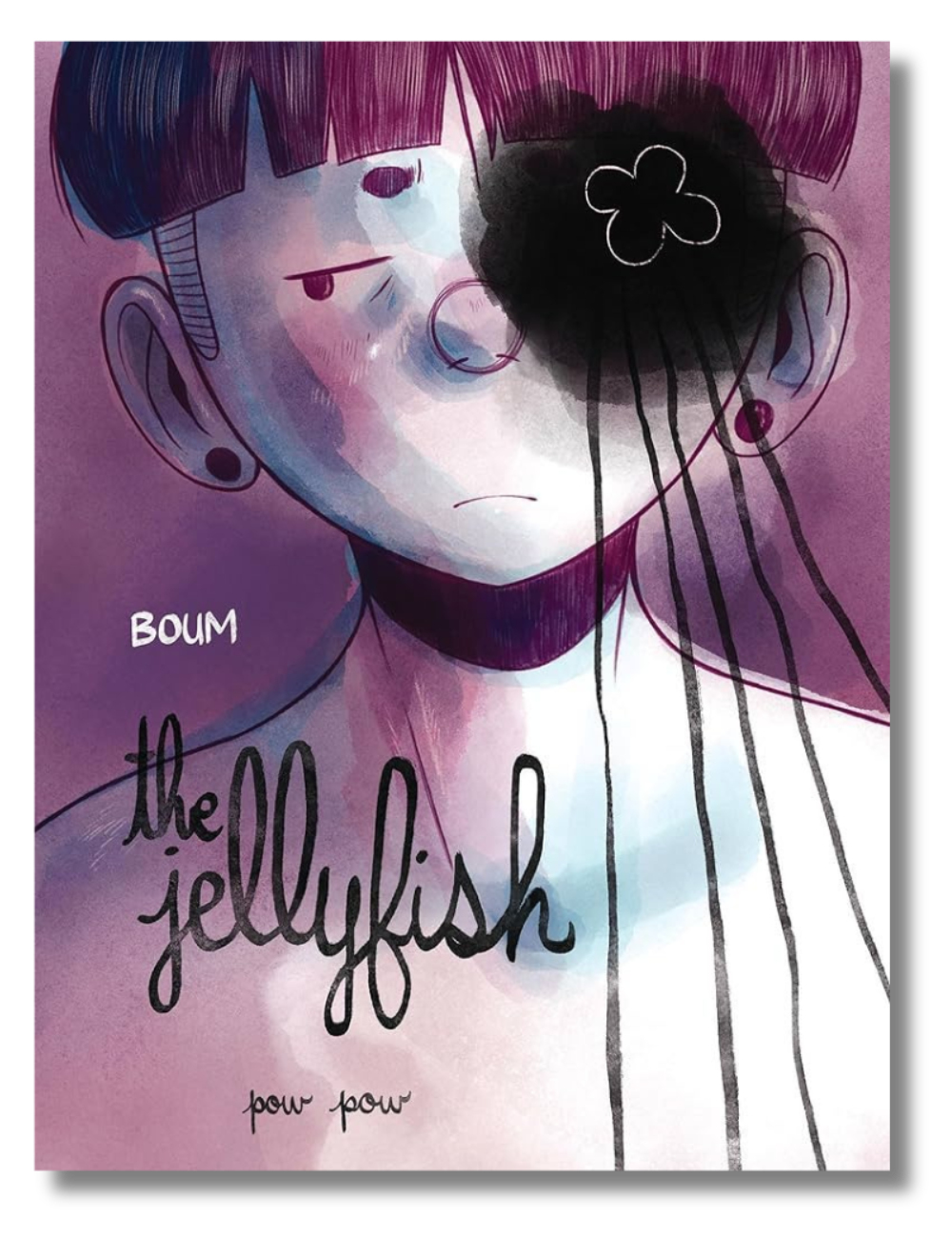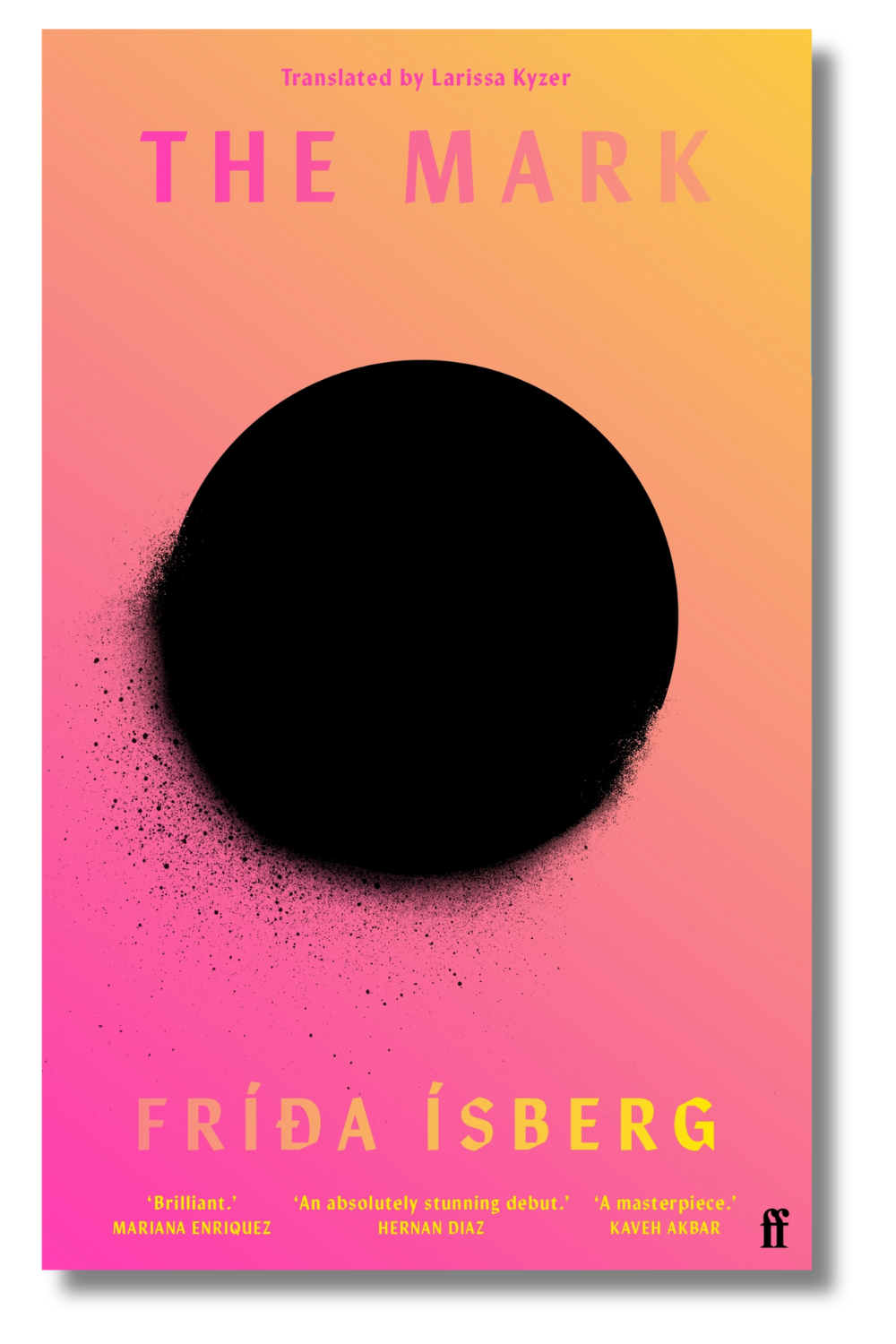From Archipelago Books | The Joyful Song of the Partridge by Paulina Chiziane, translated from the Portuguese by David Brookshaw | Fiction | 496 pages | ISBN 9781953861689 | US$21.00
What the publisher says: “A potent whirl of history, mythology, and grapevine chatter, The Joyful Song of the Partridge absorbs you into its many hiding places, and lures you along the wandering paths of its principal characters, whose stark words will stay with you long after the journey is done.”
What Kirkus Reviews says: “In the province of Zambezia, a naked woman appears on the banks of a river. Offending the women of the village, she sits indecently in the section reserved for men. She’s been driven crazy by a traumatic past, and now searches, ghostlike, for her three missing children. Moving backward in time, Chiziane takes up the story of the unfortunate woman’s parents, born into poverty while the country is under Portuguese rule.”
What I say: I’d known from reading Paulina Chiziane’s The First Wife that she’s a writer who embraces wide-ranging emotional shifts and ambitious themes. With The Joyful Song of the Partridge, she goes even deeper into both modes—this is a novel about Mozambique’s history, about the practice and legacy of colonialism, and the moral compromises people make in order to survive. It’s a novel that plays out on scales both intimate and international, and rarely goes where you’d expect.
From Open Letter | Vladivostok Circus by Elisa Shua Dusapin, translated from the French by Aneesa Abbas Higgins | Fiction | 228 pages | ISBN 9781960385123 | US$15.95
What the publisher says: “Nathalie arrives at the circus in Vladivostok, Russia, fresh out of fashion school in Geneva. She is there to design the costumes for a trio of artists who are due to perform one of the most dangerous acts of all: the Russian Bar. . . . This is a book about the delicate balance that must be achieved when flirting with death in such spectacular fashion, set against the backdrop of a cloudy ocean and immersing the reader into Dusapin’s trademark dreamlike prose.”
What Arin Keeble at The Guardian says: “The circus is rich with metaphorical possibility and Dusapin embraces this without leaning too heavily on it. The notoriously difficult Russian bar routine relies on complete trust between the trio, and this extends to Nathalie and Leon—everyone’s role is valued.”
What I say: As befits a novel with a location in its title, Vladivostok Circus contains a great sense of place, and of the cold that suffuses the titular city. As Elisa Shua Dusapin chronicles the push and pull among a group of artists, she also adds a few subtle notes to expand the novel’s scope and give a poignant sense of regret to the proceedings. Life and art are complicated things, and this novel turns that into the stuff of compelling drama.
From Ugly Duckling Presse and Falschrum | Hopscotch by Fatemeh Shams, translated from the Persian by Armen Davoudian | Poetry | 36 pages | ISBN n/a | US$14.00
What the publisher says: “In Hopscotch, Fatemeh Shams crafts a vivid liminal world of Berlin-based poems, a canvas where home and exile blur into an intimate middle ground. Her work, geographically and metaphorically situated between her birthplace in Iran and her current life in exile, evokes a ‘third space’—a realm of creative liberation and a sanctuary for the play of memories, language, and space.”
What I say: The poems in Fatemeh Shams’s Hopscotch abound with rich and evocative imagery, such as “I write on the trail her feathers leave in the water,” from “The Swans of Englebecken.” In precisely composed verse, these poems encompass historical legacies and the experience of living in contemporary Berlin. An allusion to VPNs early in the book is one of many ways that Shams addresses the ways people communicate—or, depending on the method used, aren’t quite able to.
From Feminist Press | Bad Seed by Gabriel Carle, translated from the Spanish by Heather Houde | Fiction | 122 pages | ISBN 9781558613201 | US$15.95
What the publisher says: “The visceral, wildly imaginative stories in Bad Seed flick through working-class scenes of contemporary Puerto Rico, where friends and lovers melt into and defy their surroundings—nightclubs, ruined streets, cramped rooms with cockroaches moving in the walls.”
What Iván Pérez at the Chicago Review of Books says: “Translated from the Spanish by Heather Houde, this newly expanded edition still vibrates with the heat and absurdity of life in the Caribbean, but the edges of its world are now filled in with details that hint at the ever-changing consequences of the island’s colonial relationship to the US, a never-ending trail of misery and shit, aggravated by natural disaster and imposed austerity.”
What I say: The stories found in Bad Seed are something of an emotional roller coaster. Some of Gabriel Carle’s characters must deal with a hostile world, adding a bittersweet touch to the work here—but there’s also an undercurrent of playful absurdism to plenty of these stories. This collection reckons with life at its most wrenching and its most joyful.
From Pow Pow Press | The Jellyfish by Boum, translated from the French by Robin Lang and Helge Dascher | Graphic Novel | 220 pages | ISBN 9782925114307 | US$22.95
What the publisher says: “Odette is a twenty-something-year-old with their own place, a steady job at a local bookstore, an adorable pet rabbit, and a budding crush on one of their customers. But Odette is haunted by something only they can see: a jellyfish that’s floating in their eye, blocking their vision. It’s a seemingly minor annoyance . . . until the jellyfish starts multiplying.”
What Broken Frontier says: “The Jellyfish . . . is Boum’s most accomplished creation to date, a visually stunning work of fiction that draws deeply on Boum’s own experiences to create a funny, dark, and ultimately hopeful look at disability, desire, and the power of friendship.”
What I say: If The Jellyfish was just a slice-of-life book about protagonist Odette’s connections with the people in their life and the slow blossoming of a romance, it would be entirely compelling on its own. But the surreal element that’s in the mix here—a jellyfish living in Odette’s eye that begins to multiply—provides a captivating narrative hook and gives Boum a reason to do some formally inventive things with panel and page layout. The results are often breathtaking.
From Faber & Faber | The Mark by Fríða Ísberg, translated from the Icelandic by Larissa Kyzer | Fiction | 300 pages | ISBN 9780571376742 | UK£16.99
What the publisher says: “The Icelandic Psychological Association has prepared a test. They call it a sensitivity assessment: a way of measuring a person’s empathy and identifying the potential for antisocial behavior. In a few days’ time, Iceland will vote on whether to make the test compulsory for every citizen. The nation is bitterly divided. Some believe the test makes society safer; others decry it as a violation.”
What Kate McLoughlin at the Times Literary Supplement says: “The characters’ interrelationships are complicated, underscoring the point that our understanding of others cannot be reduced to looking at the behavior of brainwaves at a particular moment. Is empathy an innate quality or a temporary condition? Should a person’s actions be judged without reference to their circumstances? Will society be safer if we know who the psychopaths are? The Mark poses these questions through subtle, intense prose, expertly translated by Larissa Kyzer.”
What I say: This subdued tale of speculative technology and slow-burning societal unrest makes for a disquieting read. The Mark is at its most chilling when it illustrates the way that technology can be co-opted for corrupt and corporatist ends, and its portrayal of a society on the brink of substantial change—whatever the consequences may be—is hard to shake.
Looking for more reading suggestions? Check out Tobias Carroll’s recommendations from last month.
Disclosure: Words Without Borders is an affiliate of Bookshop.org and will earn a commission if you use the links above to make a purchase.
Copyright © 2024 by Tobias Carroll. All rights reserved.










